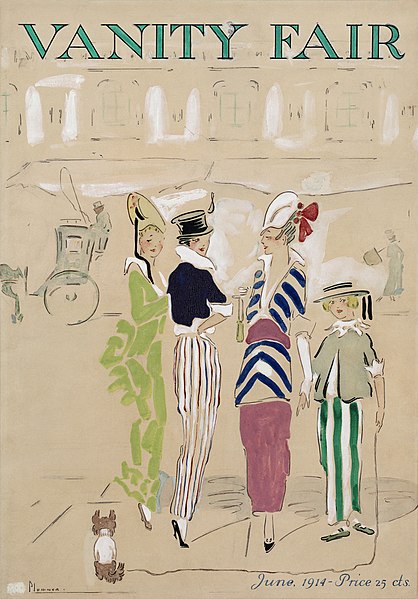
Periodicals
Sometimes basic questions that students ask can be useful to improve our understanding of English. For example, if a student asks us:
What is a periodical?
We can explain:
Any publications that appears on a regular basis is a periodical. That includes scholarly journals, newspapers, newsletters, and magazines. Periodicals may be published on a daily, weekly, monthly, or yearly basis.
Among periodicals known to most Thais are:
- Thai Rath
- Daily News
- Khao Sod
- Kom Chad Luek
- Matichon
- Thai Post
- Naew Na
- Krungthep Turakij
- Manager Daily
- Post Today
- Siamsport English-language dailies
- Bangkok Post
- The Nation
- Sing Sian Yer Pao
- Prachachat Turakij
- Than Settakij
- Siam Turakij
- Chiang Mai Mail
- Chiang Rai Times
- Krungthep Turakij Biz Week
- Novostiphuketa
- Pattaya Blatt
- Phujatkarnly Week
- Phuket News Weekly newsmagazines
- Matichon Weekly
- Nation Weekend
- Hua Hin Today
- The Korat Daily
- The Korat Post
Note that all of the above are periodicals that may be found in the Kingdom, regardless of whether they appear every day, every week, or every month. Also, some are in Thai language, while others are in English, Chinese, and German. The student may ask further:
What is the difference between a magazine and a journal?
Our answer may be:
Magazines are published for general readers who do not not need any special education to enjoy them. Scholarly journals are written for people who have studied a subject and are informed about it.
The noun magazine derives from an Arabic word meaning a place to store military ammunition. The same word became applied to a publication in the 1700s in England when Gentleman’s Magazine was published. This periodical contained information about military storehouses, so any publication with such information began to be called a magazine. The noun periodical originates from a Greek term meaning a cycle of events or interval of time. Students at the Thammasat Faculty of Chemistry know about the periodic table. The periodic table arranges chemical elements by atomic number, electron configuration, and chemical properties. Since these properties occur regularly, they are periodic, just as periodicals appear regularly. The TU Library owns The Periodic Table, a book by the Italian chemist Primo Levi in appreciation of how the elements all fit together in the diagram. If students wishes to know:
Why are periodicals worth looking at for my academic research project or thesis?
We may explain:
Periodicals, whether magazines or journals, are often more up to date than books. They appear more often so they can have the latest research results from around the world.
Especially if we read periodicals online instead of waiting for them to appear in printed copies, we are seeing research as soon as other specialists in our field are seeing it. Since most academic research projects and theses have dates when they are due, we always wish to be as current as possible in the data we are working with. If we hand in a thesis or academic research project, and it turns out a key article was published a month earlier which would have changed our conclusions, we would feel disappointed. A student may reply:
I don’t have time to read all the articles in research journals and other periodicals.
We may respond:
Then you are like most academic specialists, who look at the headlines and abstracts of papers and read only what is most important for their research.
It may be worth reminding students of another valuable aspect of periodicals:
They contain book reviews, which may also give us new information we were not aware of.
Especially since is a factor for all undergraduates, graduate students, and ajarns, it takes less time to read a scholarly article than to read a whole book. It takes even less time to read a book review, which is why they tend to be the most popular items in any scholarly journal. We may suggest that the student keep in mind:
If you find an article from past years, always check to see if the information in it has not been made obsolete by a more recent article. There is no point in citing an article from 1996 in an academic research paper if an article from 2015 proved that the conclusions in the earlier article was wrong or incomplete.
One of the reasons why books will never be replaced as the basis for scholarly research is that they have space to compare the results of many different research approaches, whereas if we read only one article, we are only getting a single scholarly point of view that may be mistaken.

(All images courtesy of Wikimedia Commons)
